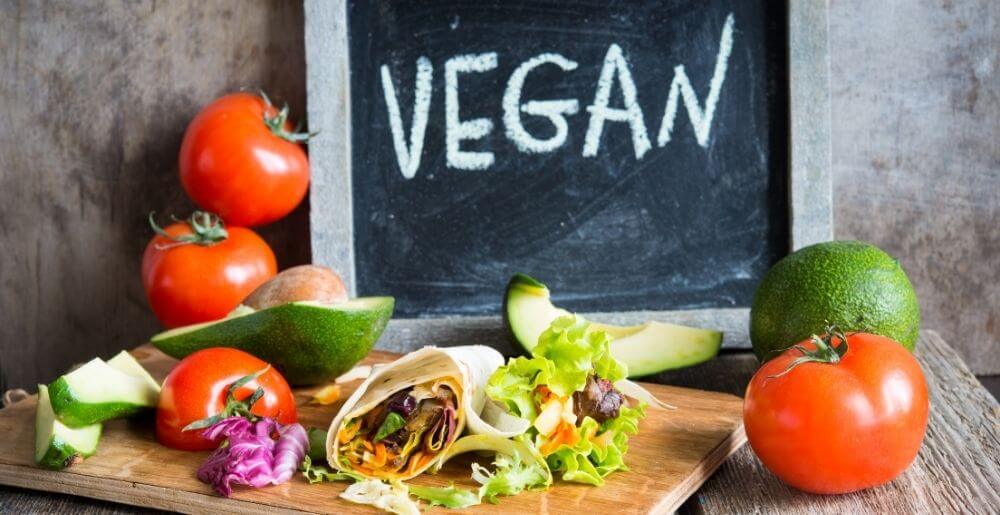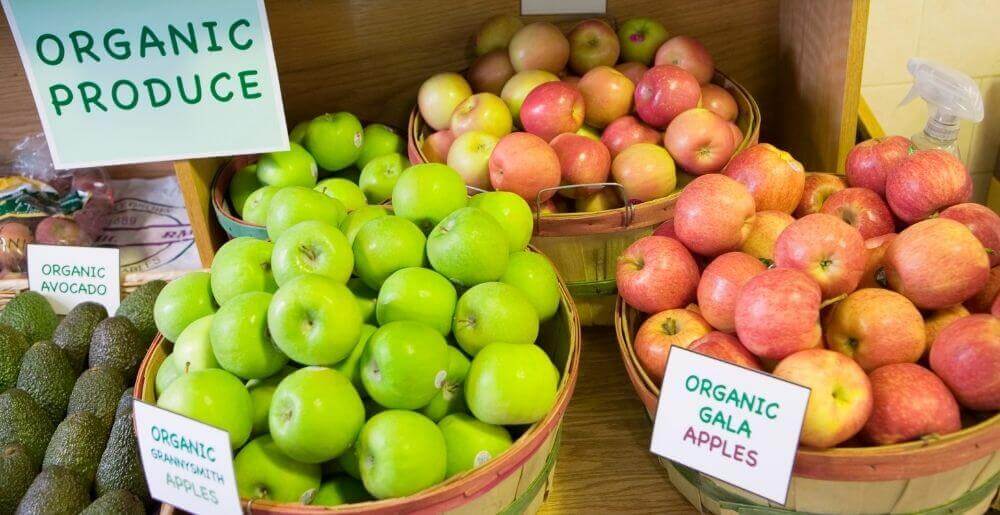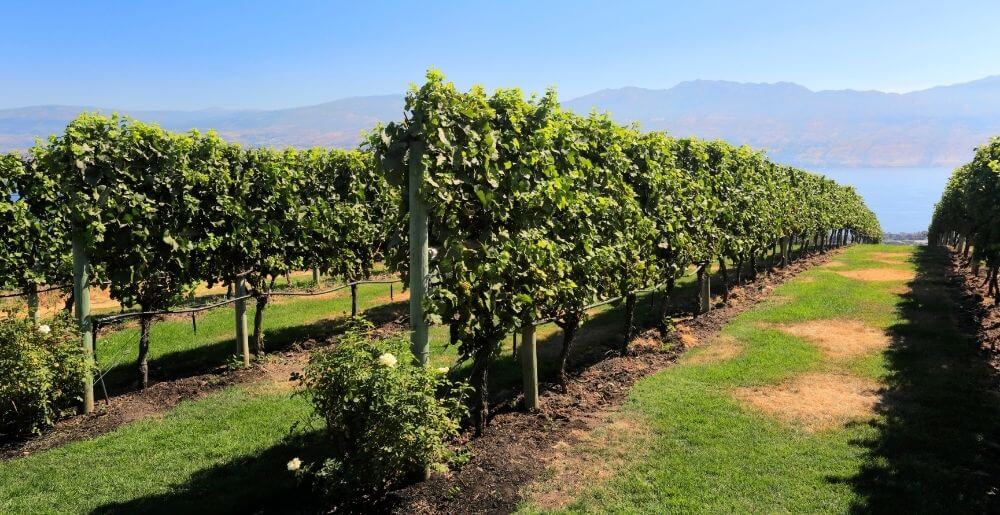Vegan and organic wines are on the up and up not only here in Australia but also overseas as well.
Wineries are spending increasingly more amounts of time and money dedicated to producing and marketing vegan wines, with the number of Americans reporting as vegan increasing by 600% between 2014 and 2017 alone.
Whilst this trend has admittedly been slower here in Australia, there is a lot of community demand and hype around vegan products, including wine, with both wineries and bottle shops taking notice.
Now, whilst veganism might not be as big here in Australia as it is in America, an ever increasing number of domestic consumers are also demanding more variety in organically produced wines.
To satiate this growing demand, more and more wineries are choosing to add organic wines to their roster of products, or completely switching their entire vineyard operations to be organic, with organic grape production in Australia increasing by 120% between 2011 and 2014 alone.
For those who are not familiar with the two concepts, vegans are those individuals who do not eat any type of animal product, including products that use animal products during the production process, and organic farming practices are those that utilise no artificial, unnatural, or chemical fertilizers, pesticides, or herbicides during the farming process.
Definitions aside, you might be asking yourself why all wines aren’t vegan or organic.
Bearing this in mind, let’s first begin with why all wines aren’t vegan.
Why Aren’t All Wines Vegan?

The short answer: fining agents.
When wines are first produced and in their youth, they usually contain higher amounts of various types of molecular properties, including tannins, tartrates, phenolics, and proteins.
Whilst these are completely natural and in no way harmful for a person to consume, they do have the rather unfortunate side effect of making a wine appear duller, more opaque, and often hazier.
Obviously, these are not desirable traits for a wine to possess if it wants to be sold to an often uninformed consumer, which means winemakers will usually remove some of these properties through the use of fining agents that often come from animals or animal products, including milks, eggs, or fish, rendering these wines not vegan-friendly.
To get around this problem, winemakers who want to make their products vegan-friendly will instead use other types of fining agents, including some from clay or even charcoal, which means their products are completely suitable for a vegan person to consume and just as visually appealing as other non-vegan wines.
Having explained why some wines are and aren’t vegan, let’s explore what makes some wines organic and others not.
Why Aren’t All Wines Organic?

The answer to this question is that vineyards, like all types of farming or agricultural operations, have issues with invasive species of both plants and insects that the farmer must get rid of or at least control in order to protect their crops from being tainted or spoilt.
To achieve this protection, winemakers have often used chemical pesticides and herbicides to forcibly eliminate unwanted weeds and insects from overwhelming their crops.
Whilst this might do the job rather nicely, the use of such artificial and chemical protective agents means that the grapes are no longer organically farmed.
One of the primary reasons why individuals often prefer organic wines is that those that are organic contain lesser amounts of sulphur dioxide, which is a common chemical preservative added to wine that is often responsible for causing terrible hangovers the next day.
Besides hangovers, wines that use chemical fertilisers also damage the environment in often irreversible ways and many claim that organic wines simply taste better.
In any case, organic wines are on the increase and it’s likely that you’ll start to see winemakers and bottle shops crafting and stocking larger quantities of these types of wine, making it important to understand what they are and why they’re different.
Vegan & Organic Wine Brands in Australia

To help those who might be interested in trying vegan and organic wines here in Australia, here’s a list of some of the more renowned vegan and organic wine producers whose products are typically more readily available:
Chapel Hill: The team over at Chapel Hill have been making top quality Australian wine since the 70s, with their entire range of red and white wines being vegan-friendly, except for their Pinot Grigio.
Henschke: Whilst they’re not entirely vegan-friendly or organic, the award-winning team over at Henschke produce a few wines that are appropriate for vegans to consume, including these ones, and a wider selection that are grown organically.
Angove: Family run since 1886, Angove is more well-known for their range of organic wines, although some of their wines are also vegan-friendly, including these ones.
De Bortoli: Operating since the 1920s, the De Bortoli family winery produces a massive selection of wines, with many of them being vegan-friendly, including these ones, and some of their vineyards being organically cultivated.
Yalumba: Known for being fiercely independent, Yalumba produces a range of premium and affordable wines that are vegan-friendly, including the ones on this list, with some also being organic.
Temple Bruer: another winery that’s more known for their organic winemaking practices, the Temple Bruer winery also produces many examples of vegan wine too, including these ones.
Kalleske: Proudly organic and sustainability focused, the award-winning team over at Kalleske are also renowned for producing all of their wines to be entirely vegan-friendly.
Pewsey Vale: Famous and award-winning makers of Riesling wines, Pewsey Vale produce wines that are both vegan-friendly and organic.
Whilst these by all means do not represent the only producers of vegan or organic wines in Australia, the wineries featured on this list are often available at bottle shops all over the country.
For a website dedicated to the sale of only organic wine, be sure to check out this online store and for those seeking vegan wines, use this website to help figure out whether a winery or particular bottle is appropriate for consumption.